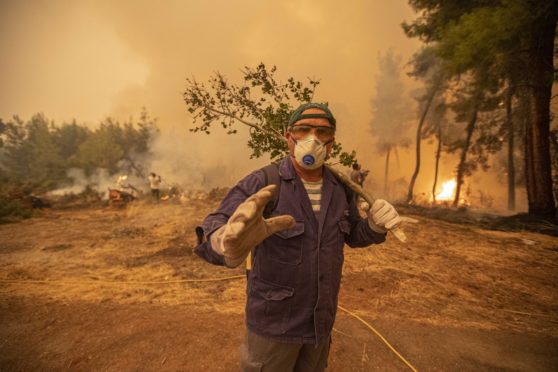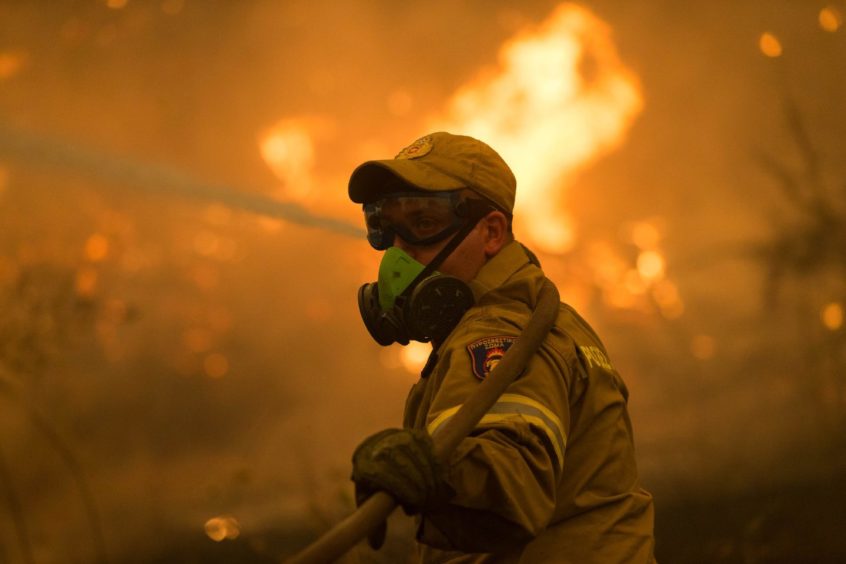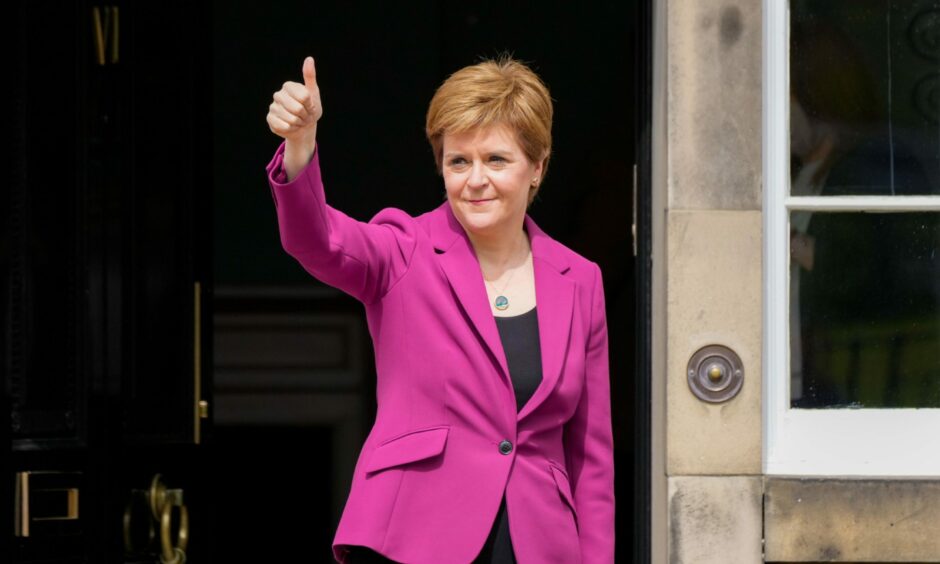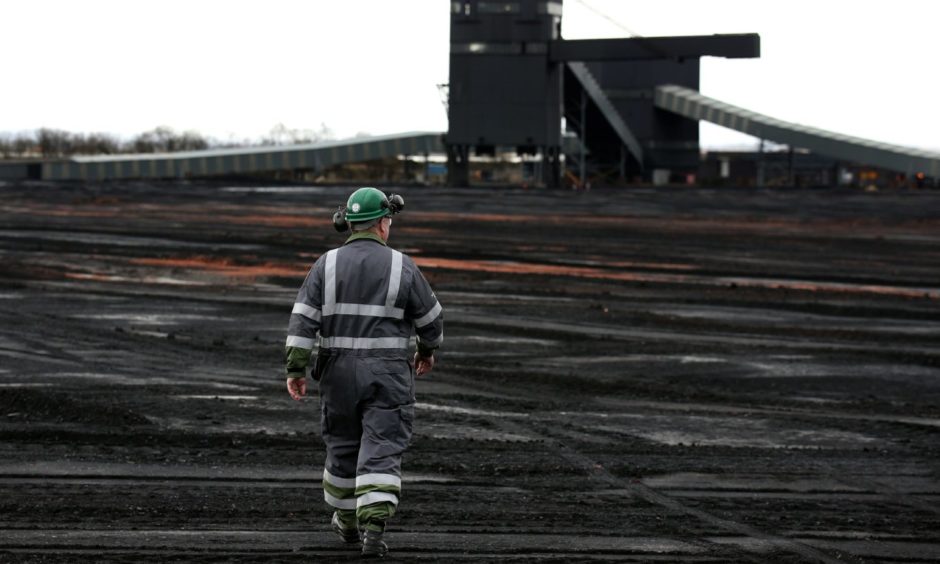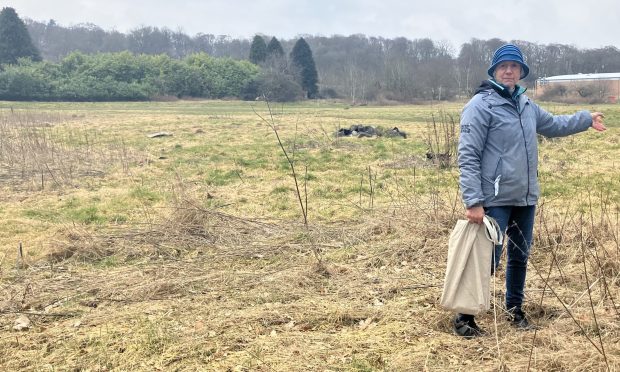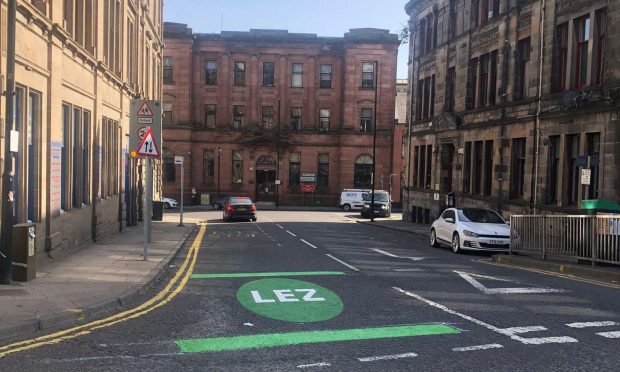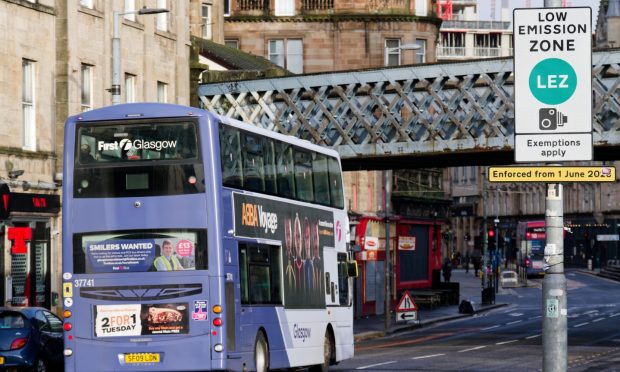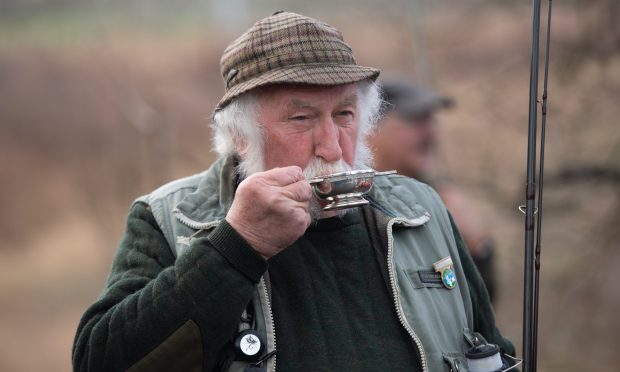Code red for humanity. Over seven billion lives depend on our response to climate change.
That’s the verdict of the intergovernmental panel on climate change.
Code blue for Scotland. Independence is the priority political issue and nobody’s life depends on it.
That’s the verdict of our government.
Ideologically and practically the two can’t sit together.
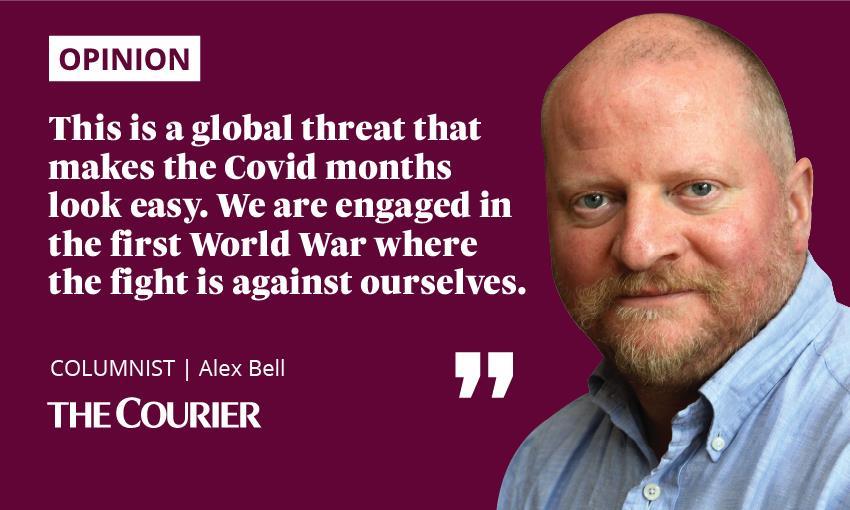
One is the greatest challenge ever faced.
To minimise the effect of climate change and adapt is going to take every second of government time, every ounce of human ingenuity.
This is a global threat that makes the Covid months look easy.
We are engaged in the first World War where the fight is against ourselves.
Indy question fades in comparison
The other, indy, is a challenge that has so far defeated its own fans.
But that’s okay, because things trundle on as always, no lives lost.
In a sane world the two wouldn’t need to be compared.
We’d naturally see that the environmental threat was the more important.
The climate crisis doesn’t de-legitimise nationalism or Scotland’s claim.
It does not erase the obvious problems of how the UK is governed. The SNP’s critique of Westminster remains.
It’s not that code red for humanity refutes code blue for Scotland, just that it is so much more important.
And that presents a problem because there is a limit to the political bandwidth.
Pandemics and other priorities
When explaining why indy is not the immediate business of government Nicola Sturgeon says Covid is the priority.
That may be politically convenient but it is also true. The human energy needed to solve big problems is limited.
That’s why Westminster has achieved so little since 2016. It has been consumed by Brexit.
Time that might have been spent responding to topics like the threat of global pandemics was consumed by the constitutional question.
And then by a global pandemic.
Some hard truths for governments here. Yet the UK and Scottish Governments continue to support the expansion of oil and gas extraction…. https://t.co/AKxUS96JjO #StopCambo
— Scottish Greens (@scottishgreens) August 9, 2021
A topic the green parties of the world have been warning about for decades is clearly the most important one of the 21st century.
This would usually make green politics the most popular. But the climate crisis is so terrifying, it bucks political rules.
Electorates know the crisis is real. They care about what it means.
But the challenge seems so overwhelming it’s hard to accept, while the response is so disruptive we resist it.
Scottish Greens voice won’t be heard
On the surface, this would mean the new alliance between the SNP and the Greens, with Patrick Harvie reportedly in line for a cabinet seat in return for the two parties cooperating, was a good thing.
There’s a Scottish Green in power as we face eco disaster.
However, it’s far from good.
The reality is that Scotland’s Green movement has effectively said indy is more important than climate.
What Sturgeon gets out of the deal is the appearance of leading a united majority of MSPs in the indy battle.
That may carry some extra weight in the interminably dull constitutional debate, but not so much that it changes anything.
The clear loser is the environment. Harvie and the Scottish Greens will find their voice muffled by the embrace of cabinet confidentiality.
Most targets have been missed and the fall in climate gas emissions is almost solely down to the closure of coal power stations
As in so many policy areas for the Scottish government, the spin will sound right but it won’t amount to action.
The civil service will absorb Harvie’s ideas and before he knows it all his energy will be sapped by strategy documents amounting to nothing.
Over a decade ago the Scottish Greens forced “world leading” climate legislation on the SNP government in return for supporting the minority government of 2007-2011.
It set bold targets and sounded good, but most targets have been missed and the fall in climate gas emissions is almost solely down to the closure of coal power stations.
In other words, Harvie knows not to trust the Nats, but can’t resist the illusion of power.
This union might not look like political posturing if there was any serious link between constitutional politics and green ones, but there isn’t.
It is true that an independent Scotland could become self sufficient in food and renewable energy; our houses lit by windmills, our tables laden with local produce.
Reality falls short of Scottish Greens goals
But the SNP isn’t promising that. Its vision is for a neo liberal state not much different to the UK.
It’s also true that the Scottish Greens might have a plan to convert indy into a vehicle for radical change, but they don’t.
The party has never explained how constitutional change will inevitably lead to eco goodness – much as they have never produced an independent assessment on indy Scotland’s economic strength.
In 20 years time the world may have irrevocably changed.
For people over 50, this means they’ll witness the end of human-friendly conditions as they approach death. The younger and yet come shall inherit the embers.
It is not that the indy case is wrong, just that it’s not as important. Which makes the Scottish Green Party’s decision so wrong.
When they should be demanding immediate change, they are giving up for the comforts of high office.
It is a moral failure and a political mistake.
